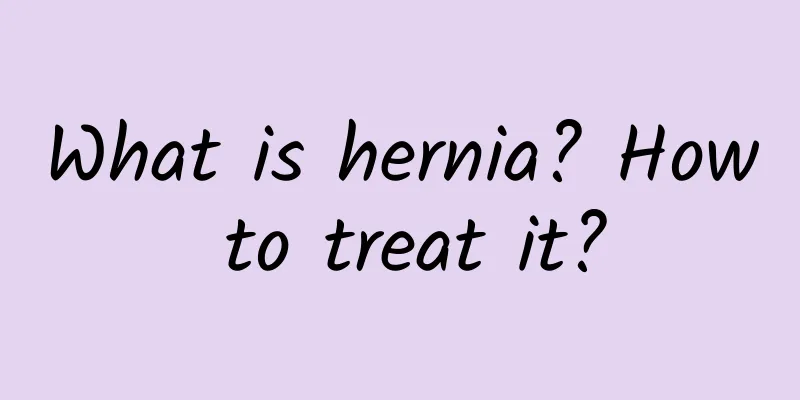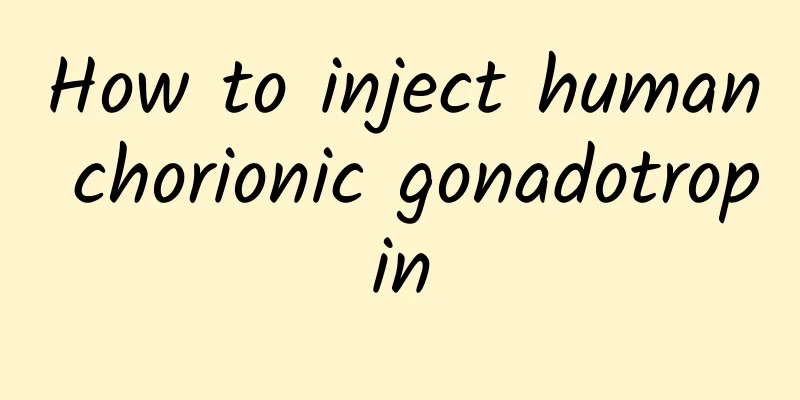Early symptoms of encephalitis in 4-year-old children

|
If a four-year-old child develops encephalitis, it is very harmful to the child. Children of this age group are prone to symptoms of encephalitis. When a child develops encephalitis, it often causes fever, headache, muscle pain, diarrhea and vomiting, and in more severe cases it can cause drowsiness, coma, and convulsions. If the condition is particularly severe, it can cause abnormal behavior, incontinence, etc. Early symptoms of encephalitis in 4-year-old children Encephalitis generally refers to viral encephalitis. The key points of diagnosis are whether it is an epidemic season, whether there is a history of contact, whether there are symptoms associated with viral infection, vaccination history, etc. Clinical manifestations are as follows: 1. Children in the prodromal phase have symptoms such as fever, headache, myalgia, vomiting, and diarrhea. 2. The symptoms of encephalitis vary in severity, mainly manifested as neuropsychiatric abnormalities. Manifestations of neurological abnormalities include fever, headache, vomiting, drowsiness, coma, convulsions, etc. In severe cases, abnormal symptoms may occur in the cerebrum, hypothalamus, basal ganglia, brainstem, cerebellum and spinal cord. Mental abnormalities manifest as excitement, talkativeness, irritability, crying and laughing at random, insomnia, abnormal behavior, hallucinations, fantasies, or indifferent expression, silence, decreased activity, refusal to eat, poor orientation, memory loss, incontinence, etc. 3. Associated symptoms: Symptoms of corresponding viral infection occur before or simultaneously with the onset of encephalitis. Of course, some of the symptoms of meningitis listed above may be difficult to spot in a young baby. You may just notice that your baby is fussy, sleepy, or refuses to eat. He may vomit or have diarrhea, have cold hands and feet, or develop a rash or skin patches on part of his body that turn white or blue. You may also notice that your baby's anterior fontanelle (the soft area on the top of his head) is bulging or hardening. Meningitis is also contagious But its chance of infection is relatively low. If your baby has meningitis, family members should pay attention to the isolation and cleanliness of daily necessities, and provide good care for the baby during his illness. Your baby may also experience difficulty breathing and convulsions. If you suspect your baby may have meningitis, see a doctor right away, whether or not you are sure of your suspicion, as it is vital that meningitis is treated early. |
<<: The most basic symptoms of encephalitis in infants and young children
>>: Symptoms of encephalitis in children
Recommend
Is iron sulfate a precipitate?
Ferrous sulfate will often dissolve when it comes...
What to do if your calves can't close together
The inability to close the calves is related to t...
What should I pay attention to when I have eczema?
The causes of eczema are very complicated, becaus...
Autonomic dysfunction
When you see this name, do you think that this di...
Blue tongue
Many people in life don’t actually pay much atten...
What diseases can severe kidney deficiency cause?
Kidney is one of the most important organs in our...
I got an infection after doing a vaginal ultrasound.
The so-called vaginal ultrasound is the abbreviat...
Symptoms and nursing methods of cerebral ischemia
Ischemic brain disease is a common disease among ...
What causes edema in women
There are many reasons for edema in women, includ...
What is alanine aminotransferase?
Alanine aminotransferase is also known as ALT, an...
What causes dry eyes?
Dry eyes are a common eye disease. There are many...
The difference between resting and fermentation
Every time you make dumplings or steamed buns, th...
Can cervical erosion cause pelvic effusion? What is the relationship between the two?
Many times, because we do not have enough medical...
What medicine is good for treating fungal vulvovaginitis?
Candidiasis vaginitis is a common gynecological i...
Heart aortic valve replacement
Aortic valve replacement is actually aortic valve...









